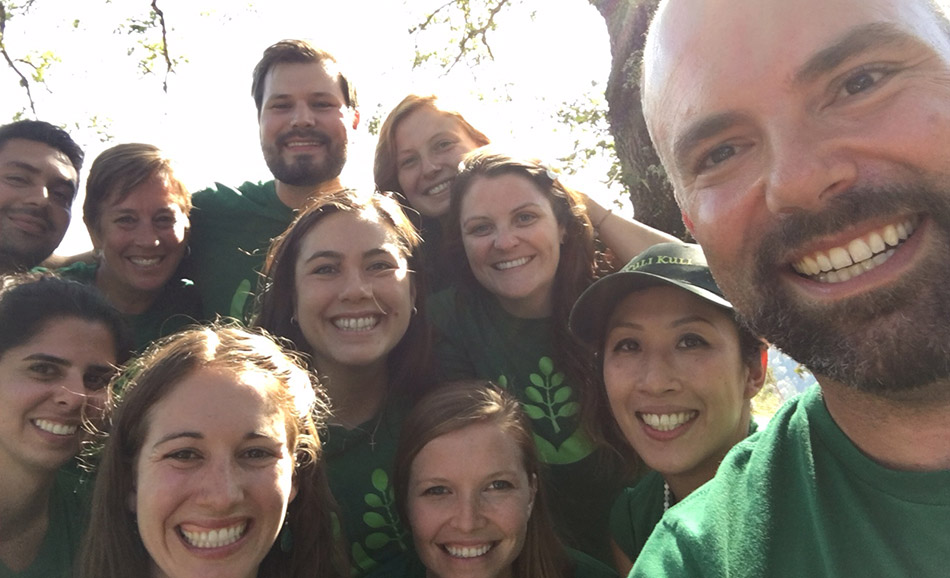Is business the new destination for millennial activists?
A generational shift in whether nonprofits or for-profits are better suited to effect change. Read More

The question usually comes from someone my grandmother’s age, the well-intentioned but misguided “Sweetie, how’s your nonprofit doing?” My careful explanation, that my for-profit, mission-driven business is doing quite well, only causes more confusion.
It is conversations such as these, and a growing corpus of data, that have convinced me that my generation has taken an entirely new approach when it comes to social change.
Had I been born in my grandparents’ generation, or even my parent’s, there is no doubt that I would be in the nonprofit space. I worked in nonprofits during college, volunteered for countless activist organizations and joined the Peace Corps after graduation. But when it came to starting my own organization, the number of options available to me greatly exceeded that of any previous generation.
There is no longer a clear line between nonprofits and businesses. In the gray space, you’ll find companies with strong missions, nonprofits with strong revenue models and even entirely new legal structures, called benefit corporations, such as my company Kuli Kuli. Benefit corporations have a legal responsibility to maximize social change, alongside profit.
These new options are matched by a new mindset. According to a recent survey by Deloitte, 76 percent of millennials view business positively and believe that it has a positive impact on society. The widespread criticism of big business, once so intrinsic to college campuses, is also on the decline with a 16 percent drop since 2015.
Talented and passionate young people who almost certainly would have gone into the nonprofit or public sector just a generation ago are now more likely to join a mission-driven business. As Fast Company explained, using data from a recent nonprofit hiring survey, nonprofit hiring has dropped 7 percent while social enterprise hiring has grown 4 percent. A large part of the drop in nonprofit hiring is due to the challenge of finding qualified talent.
I’ve seen this shift firsthand. My company employs more RPCVs (Returned Peace Corps Volunteers) than MBAs. We prioritize passion over industry knowledge and have found ourselves with a millennial-dominated workforce that will do whatever it takes to accomplish our greater purpose.
Rather than seeing this shift as the decline of nonprofits, I believe that we are entering into an era of purpose-driven work. By 2025, millennials will dominate the workforce. We expect more from work than just a paycheck. We have also grown up in the iPhone era, where the boundary between work and life has been crossed to the point of nonexistence.
What we do determines who we are. As we seek to make our passions part of our identity, we push for all businesses to incorporate the type of purpose once reserved for just the social sector.
And maybe, just maybe, my grandmother someday will ask me how my benefit corporation is doing.












